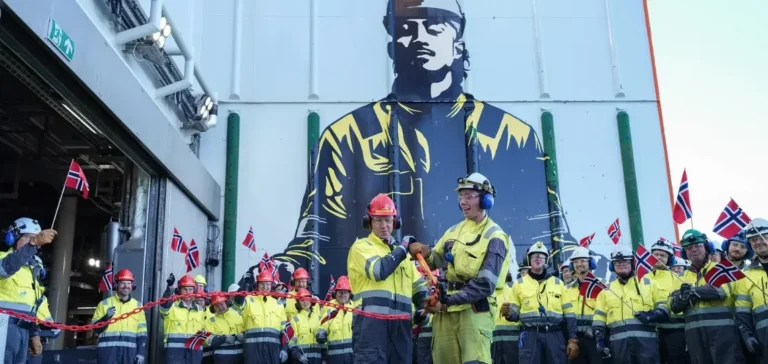The Norwegian Ministry of Energy officially inaugurated the Johan Castberg field on August 8, located in the Barents Sea, about 100 kilometres north of the Snøhvit gas field. This site, the northernmost in Norway, is designed to produce for at least 30 years and requires continuous planning of maintenance operations. With output already stabilised at 220,000 barrels per day, Johan Castberg stands as a cornerstone of Arctic oil activity.
Production capacity and operational needs
Less than three months after coming on stream, the field reached its cruising speed. Cargoes worth up to about NOK 500 mn ($47 mn) leave the area every three or four days. The operation relies on a Floating Production, Storage and Offloading unit (FPSO) connected to a subsea network of 30 wells, installed on 10 templates and two satellite structures. Drilling operations will continue until 2026, engaging subsea and topside maintenance teams on a continuous basis.
Partners and support logistics
Equinor Energy AS holds 46.3% of the project and acts as operator, alongside Vår Energi ASA (30%) and Petoro AS (23.7%). Norwegian suppliers provide 95% of the services for the operational phase, including equipment maintenance, logistics, and technical support. Operations are coordinated from Harstad, with supplies managed from Hammerfest, where the helicopter base and logistics centre are also located.
Long-term outlook
Energy Minister Terje Aasland stated that Johan Castberg represents an anchor point for sustainable operations in the region, providing a stable framework for maintenance and associated services. Kjetil Hove, Executive Vice President Exploration & Production Norway at Equinor, confirmed that investments throughout the field’s lifetime will include infrastructure upgrades and strengthened maintenance programmes.






















